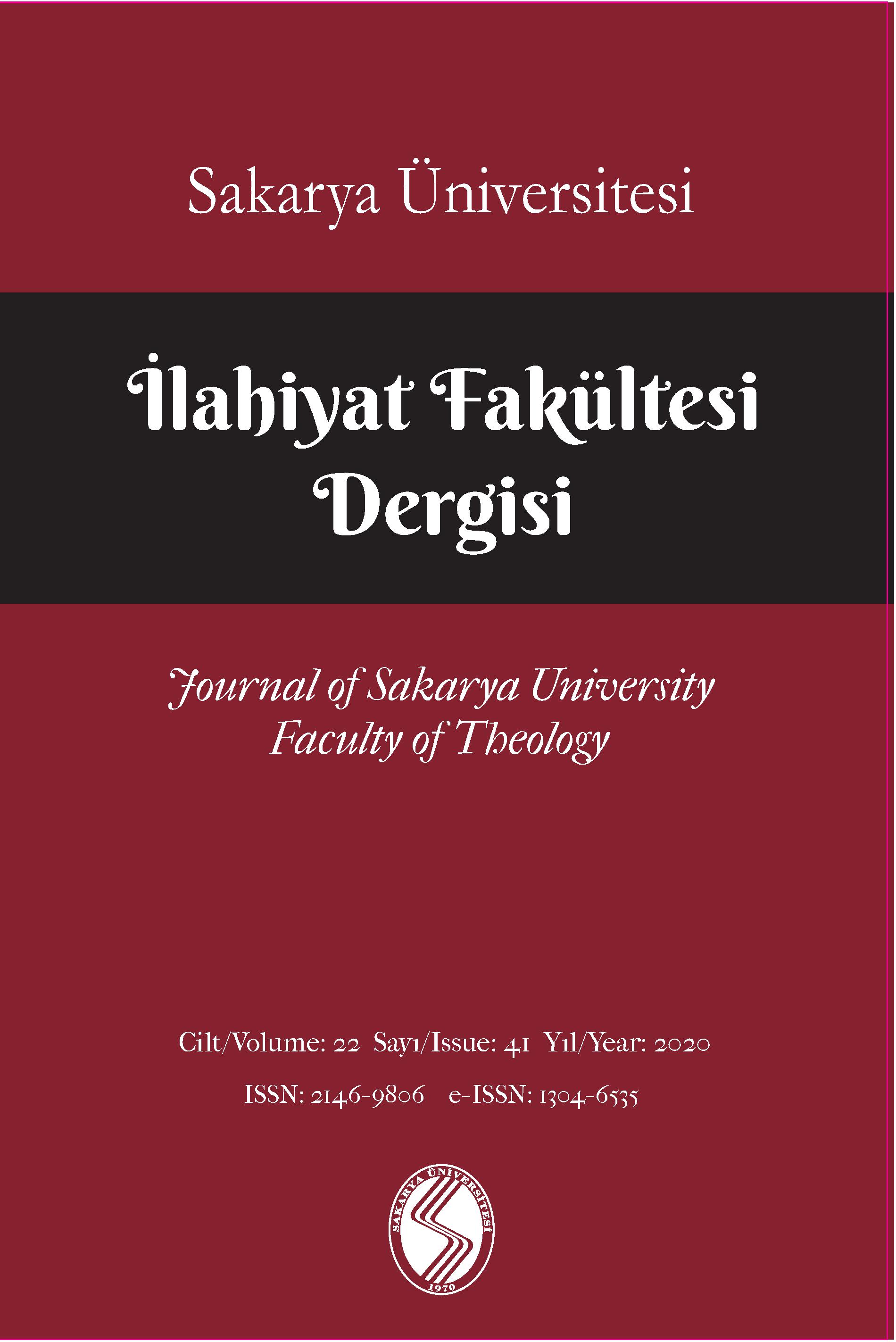İbn Sînâ ve Molla Sadrâ’da Varlık Kavramının Teşkîk Niteliği
The Quality of Tashkīk of the Concept of Being in Ibn Sīnā and Mullā Ṣadrā
Author(s): Fevzi YiğitSubject(s): Logic, Theology and Religion, Islam studies, Middle-East Philosophy
Published by: Sakarya üniversitesi
Keywords: Islamic Phylosophy; Logic; Tashkīk; Being; Nūr; Essence;
Summary/Abstract: The problem of calling the things in scope of the existence which is the main topic of metaphysics is the most important theme of ontology in Islamic philosophy. In other words, is existence called equally or gradually? Calling it gradually is tashkīk (gradation). Tashkīk and dichotomies such as existence-essence, necessary-possible are also come out to solve this problem. Mind is subject to divide the beings like God-universe or subject-object. Afterwards, tries to overcome these divisions by the idea of tashkīk. In the case of not grasping the idea of tashkīk thoroughly -as in the case of Aristotle- gets the idea that there are ontological conradictions and disunities between God and universe. The goals of this study are as follows: The quality of tashkīk of the existence is based upon the idea that it is simple. If not, it will be decomposed and will become a different thing in each being. In addition, existence has a gradual structure such as strength-weakness, posteriority-anteriority, cause-effect. Thus, the gradual quality of the existence can be formulized as follows: “Existence is the essence that ensures unity and disunity of beings.”
Journal: Sakarya Üniversitesi İlahiyat Fakültesi Dergisi (SAUIFD)
- Issue Year: 22/2020
- Issue No: 41
- Page Range: 58-80
- Page Count: 23
- Language: Turkish

